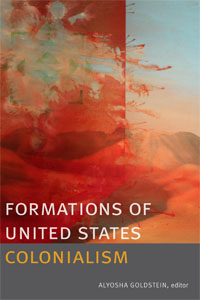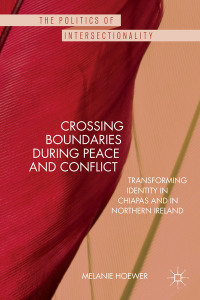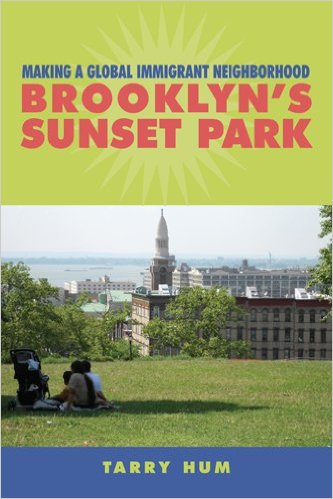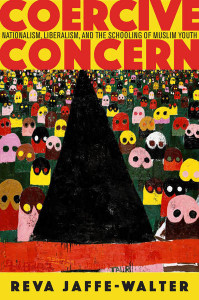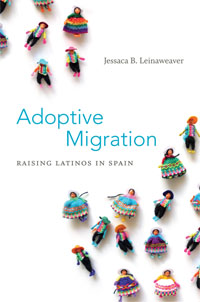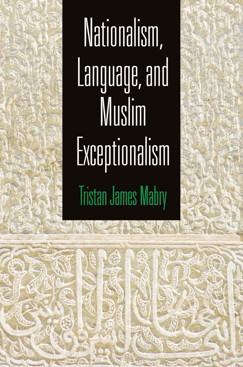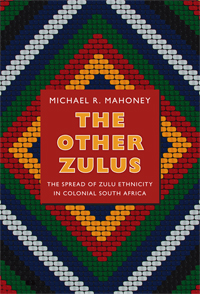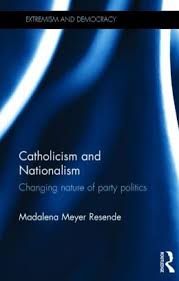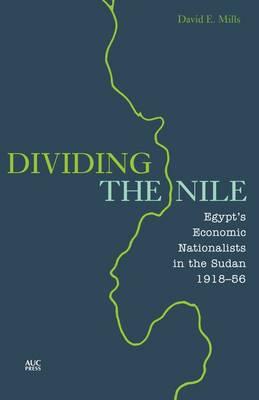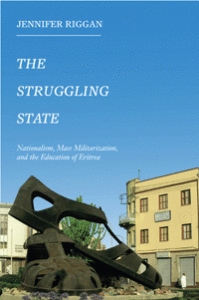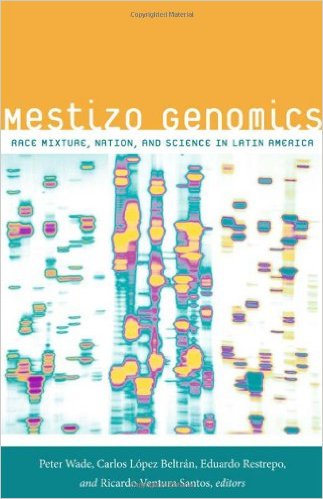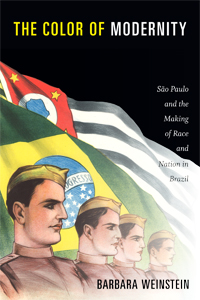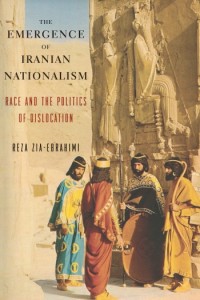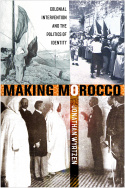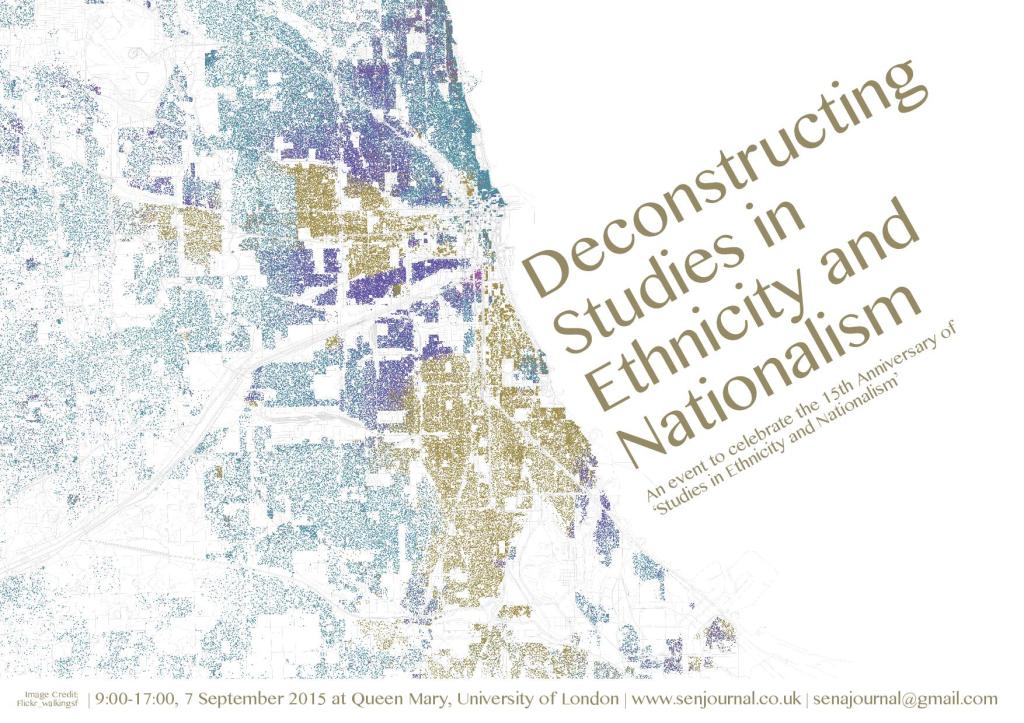 This edition of Article Spotlights, reflecting on news bites from March/April, brings articles from the SEN Archives focusing on globalisation, immigration and assimilation, and Turkish nationalism, and a piece dealing with the Armenian genocide, the anniversary of which was recently remembered.
This edition of Article Spotlights, reflecting on news bites from March/April, brings articles from the SEN Archives focusing on globalisation, immigration and assimilation, and Turkish nationalism, and a piece dealing with the Armenian genocide, the anniversary of which was recently remembered.
Hans-Lukas Kieser’s article examines that genocide from the perspective of modern global history.
Hans-Lukas Kieser, The Destruction of Ottoman Armenians: A Narrative of a General History of Violence, Volume 14, Issue 3, 2014, pp. 500-515
This article explores and describes the destruction of the Ottoman ArmHans-Lukas Kieser, The Destruction of Ottoman Armenians: A Narrative of a General History of Violence, Volume 14, Issue 3, 2014, pp. 500-515enian population in the context of global modern history. It comprehends both the large massacres of fall 1895 and the genocide of 1915-1916. In order to contextualise the anti-Armenian violence, it compares it with other attempts to severely curtail or destroy ethnic or religious groups since the late eighteenth century. In its comparisons, this article emphasizes one main argument that was repeatedly proffered for the use of mass violence: the removal of an existential security threat. “Self-defence” in extreme situations is a main argument for resorting to extreme violence.
Michel Huysseune’s essay focuses on the role of globalisation in the thinking of the regionalist, secessionist nationalism of the Lega Nord of northern Italy.
Michel Huysseune, Defending National Identity and Interests: The Lega Nord ‘s Asymmetric Model of Globalisation, Volume 10, Issue 2, 2010, pp. 221-233
As a movement defending the interests of the wealthier northern regions of Italy, the Lega Nord proposes a nation-building discourse emphasising the successful insertion of Padania (i.e. northern Italy) in the global economy. While its rhetoric exalts the virtues of a liberal economic model, in recent years, the party has also defended the exclusive right of Padania to economic protection. This economic protectionism finds a parallel in the party’s defense of cultural identity, although this identity equally expresses the capacity of Padanians to participate in the global economy. This defence intends to assign Padanians a privileged position in their territory and hence proposes discriminatory practices towards outsiders, especially immigrants. The party thus solves the tension between its legitimisation of and resistance against globalisation by proposing an asymmetric model of globalisation that envisions an internal and international political order based on unequal rights and obligations – and thus privileges for Padania.
Essays by Tuba Kanci and Serhun Al focus on debates within and the changing nature of Turkish nationalism and Turkishness
Tuba Kanci, Reconfigurations in the Discourse of Nationalism and National Identity: Turkey at the Turn of the Twenty-first Century, Volume 9, Issue 3, 2009, pp. 359-376
Throughout recent decades, the processes of globalisation and Europeanisation have been influential in Turkey, bringing various changes to the economic, cultural and political spheres. Within the context of these processes, this article analyses the changes and continuities in the discourse of nationalism and national identity in Turkey through their reflections on school textbooks and curricula. On the one hand, the globalisation process has brought calls for democratisation, as well as citizenship and identity claims, from the societal actors in Turkey. On the other hand, it has given rise to concerns about preserving the status quo, which have then been channelled into the language of nationalism. The Europeanisation process has also fed these projects and discourses. Its effects, in moments of close interrelations between Turkey and the European Union, have consisted of bringing positive reinforcements for the decoupling of security concerns and nationalism, the formation of a new and democratic understanding of citizenship and the realisation of ambitions for democratisation in Turkey; however, in other times, backlashes have occurred.
Serhun Al, An Anatomy of Nationhood and the Question of Assimilation: Debates on Turkishness Revisited, Volume 15, Issue 1, 2015, pp. 83-101
Scholars have primarily debated the anatomy of Turkishness within the framework of an ethnic versus civic dichotomy. Arguing that such an approach would be inconclusive and less explanatory, this article approaches Turkishness from a singularity/plurality framework. First, the article emphasizes the singular nature of Turkishness – defined as monolithic nationhood – in the early Republican years that rejected any alternative identity approaches other than the definition of the state elites. Second, the article argues that the homogenization of the nation by the new state targeted those who considered themselves Turks as well, especially those who did not fit the ‘ideal’ or ‘imagined’ Turk (i.e. Muslim but secular, urban, and Western). The final section analyses the persistence and change in the monolithic nationhood in Turkey throughout the twentieth century and considers the implications of the state’s recent identity policies on the meaning of Turkishness.
Diego Acosta’s piece from 2010 offers a timely intervention in the light of the recent disaster in the Mediterranean Sea in which around nine hundred Libyan refugees drowned while trying to reach Italy, on the consequences of beliefs in the purity of the nation on the treatment of immigrants.
Diego Acosta, A Belief in the Purity of the Nation: The Possible Dangers of Its Influence on Migration Legislation in Europe, Volume 10, Issue 2, 2010, pp. 234-254
Immigration is one of the most important issues in the European Union (EU). In order to address the subject, the EU adopted a Directive on a long-term residence status for third-country nationals (TCNs). While implementing this Directive, many Member States changed their migration laws, thus increasingly linking the acquirement of this status with integration requirements. The integration requirements emphasise language acquisition and knowledge of the country, including its history, culture, and constitution. Why is this trend taking place at this particular point in time? While many factors could be mentioned, these integration tests are also the consequence of the constant repetition in the belief of the purity of the nation in certain political discourses, particularly by the populist radical right. This line of thinking creates a worrying problem for the future as European national identities are seen as immutable, thus complicating the acceptance of the new Europeans with an immigrant background. Hence a question arises: To what extent can we see a correlation in some EU countries between the recent introduction of harsher integration requirements for obtaining permanent residence and a certain discourse on national identity, primarily put forward by radical right parties?
Article Spotlights compiled by Dr Shane Nagle


